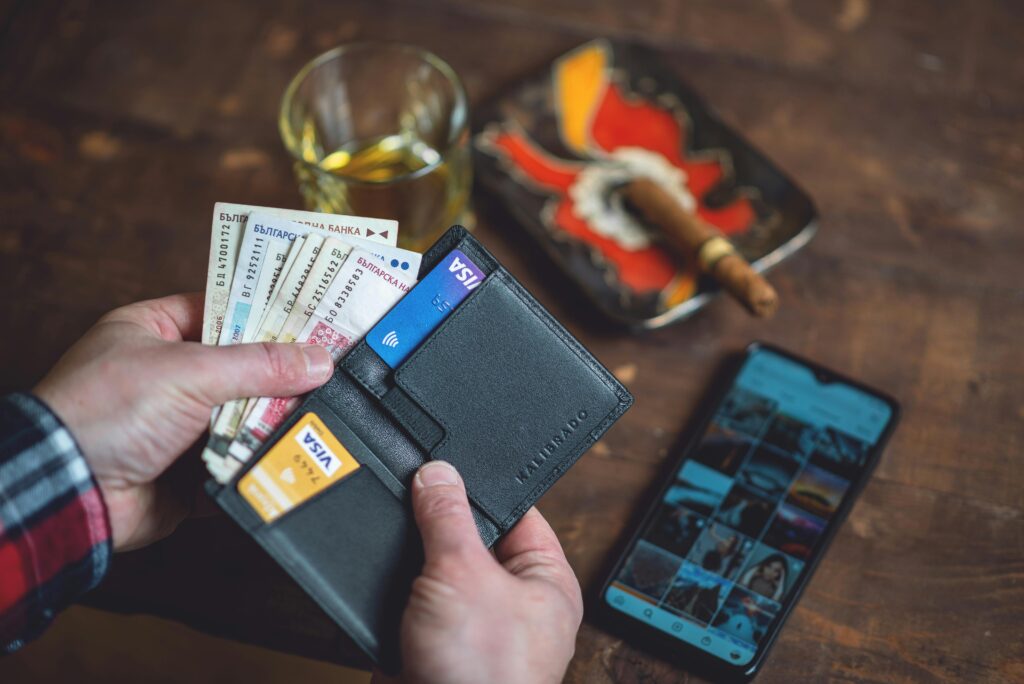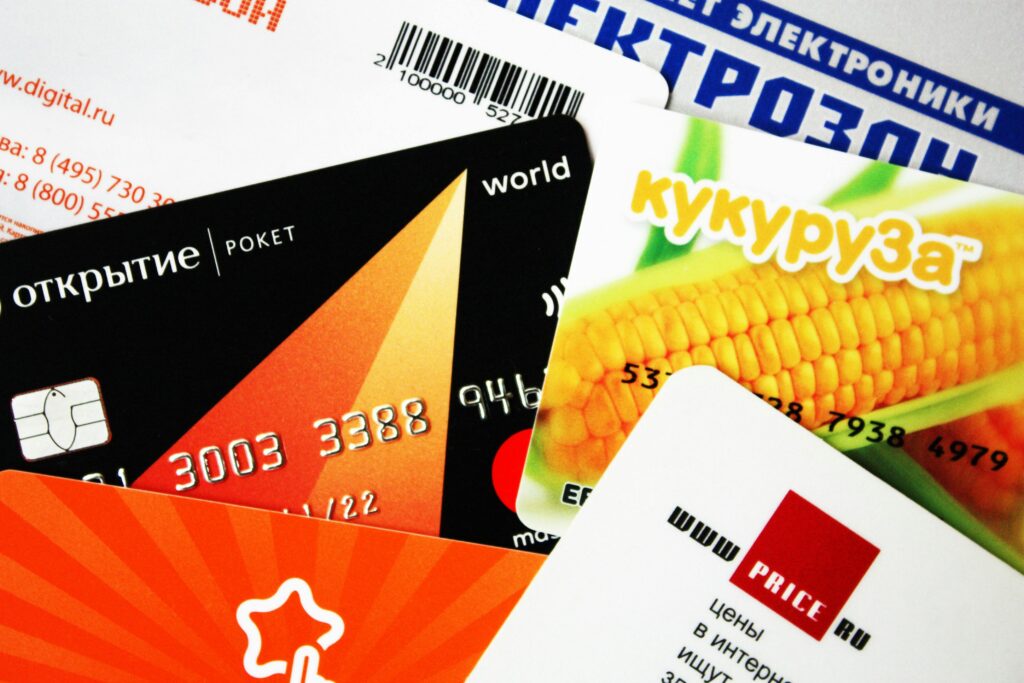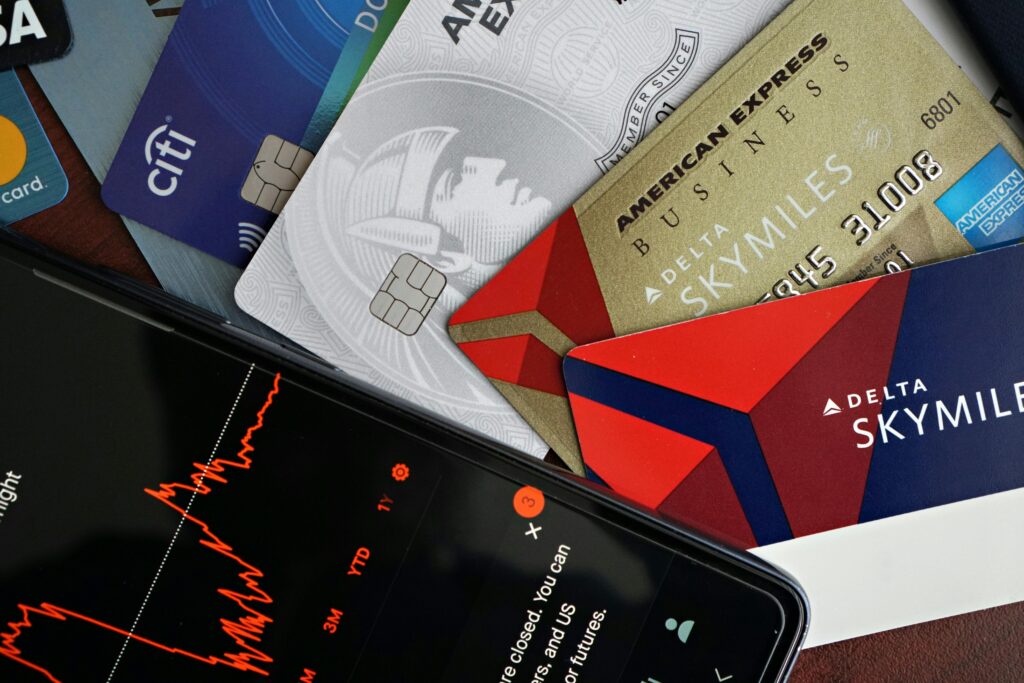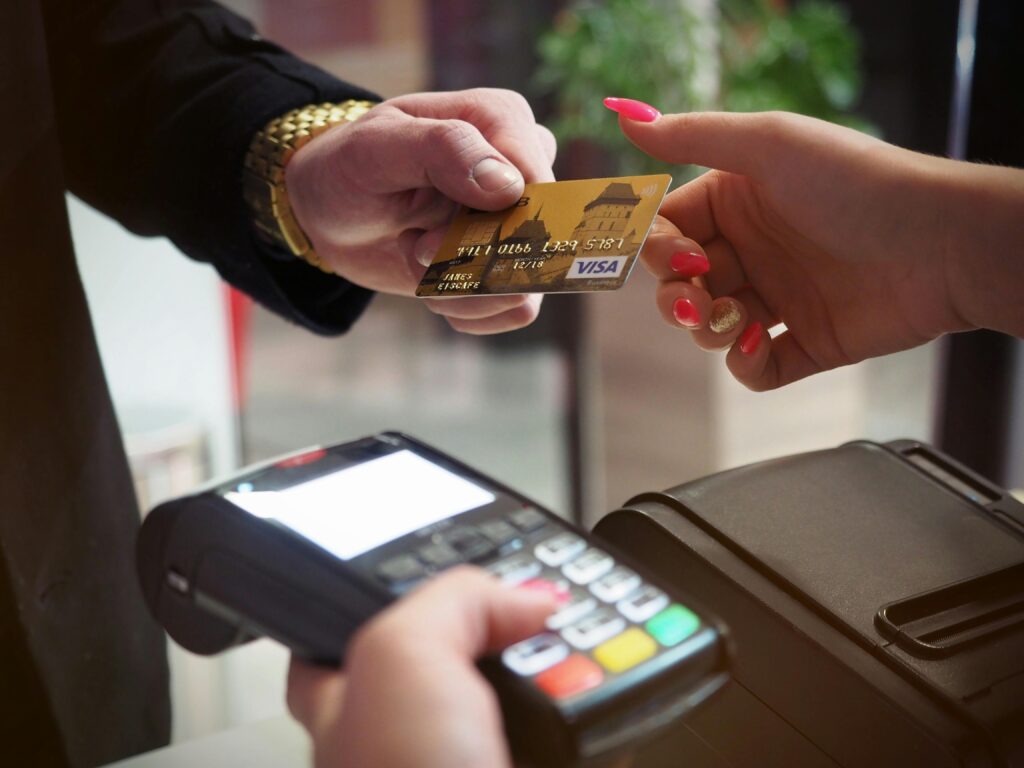
Globally, one of the most prevalent financial difficulties that people encounter is credit card debt. The stress of having a credit card balance can quickly grow due to increased interest rates and growing living expenses. When you discover that your minimal payments hardly cover the interest, the problem gets even more difficult because, despite your monthly payments, your debt keeps increasing. This is why learning how to pay off credit card debt quickly is not just a financial goal but also a necessity for peace of mind and long-term financial health.
This article will go over the importance of paying off credit card debt quickly, the many approaches you can take, and the doable actions that facilitate the process.
Why You Must Learn How to Pay Off Credit Card Debt Quickly
The incredibly high interest rates associated with credit card debt set it apart from other forms of debt. Credit cards can have interest rates higher than twenty percent, in contrast to mortgages and student loans, which may have lower interest rates and longer repayment durations. This implies that your funds are used more for interest payments than for debt reduction if you have a balance.
In addition to the financial expense, debt has a psychological impact. Worrying about bills all the time can cause tension, insomnia, and even damage relationships. Additionally, it lowers your credit score because credit scoring algorithms heavily consider credit utilization, or the proportion of available credit that you are utilizing. A high utilization rate lowers your chances of being authorized for loans with advantageous terms because it indicates risk to lenders. Understanding how to pay off credit card debt quickly is therefore not just about saving money but also about regaining control of your financial future.
Step 1: Understanding the Scope of Your Debt
The first step toward debt repayment is knowing exactly what you owe. Many people simply consider monthly statements without considering the whole picture, which causes them to underestimate how terrible their position is. Gather all of your credit card details first, then make a note of each card’s balance, interest rate, and minimum payment requirements. This practice not only helps you make sense of things, but it also gets you ready to decide on the best repayment plan.
Step 2: Choosing the Right Strategy to Pay Off Credit Card Debt Quickly
The debt avalanche approach and the debt snowball method are two well-liked repayment procedures that are frequently suggested by financial professionals. Both strategies can work, but which one is ideal for you will rely on your financial objectives and personality.
The debt avalanche strategy emphasizes making minimum payments on all credit cards while paying off the one with the highest interest rate first. You proceed to the next card after paying off the one with the highest interest rate. Because it reduces the amount of interest you pay over time, this strategy ultimately saves you the most money.
On the other hand, Regardless of interest rate, the debt snowball strategy prioritizes paying off the smallest balance first. You roll over the payment from the smallest card to the subsequent one. The snowball method’s greatest psychological advantage is that it enables you to have rapid victories, which boost motivation and help you stay on course.
Both strategies are effective, so the key is to choose the one you can stick to consistently while working on how to pay off credit card debt quickly.
Step 3: Creating a Budget to Control Spending
Creating a budget that supports your repayment plan is the next step after deciding on one. You may take charge of your finances and make sure that you are purposefully allocating dollars to your top priorities by using a budget. For a minimum of one month, begin by recording your earnings and keeping tabs on your spending. The amount of money you spend on things like eating out, internet shopping, and unused memberships might surprise you.
You can reroute funds toward debt repayment by recognizing these wasteful spending. Over time, even minor changes like cooking at home rather than going out to dine or terminating a streaming service can have a big impact. If you are serious about learning how to pay off credit card debt quickly, you must develop the discipline of budgeting since, without it, the cycle of overspending is likely to recur.

Step 4: Increasing Income to Accelerate Debt Repayment
Although reducing expenses can have a significant impact, there are restrictions on how much you can do so. You can speed up your debt payback process by raising your income. You can earn extra money every month by taking up a side business like tutoring, ridesharing, freelancing, or online sales of handcrafted goods. When that income is used exclusively for debt repayment, even a few hours of part-time work each week can have an impact.
Selling unneeded household things is another option to boost revenue. You may quickly turn your unwanted furniture, gadgets, or clothing into cash. Asking for a raise or taking on more hours might also result in significant income growth for those who are currently employed. Making extra space in your budget to apply higher payments on your debt is the aim. The faster you increase your payments, the quicker you master how to pay off credit card debt quickly.
Step 5: Preventing New Debt While Paying Off Old Debt
Trying to pay off credit cards while still using them is one of the biggest blunders individuals make. This negates all of the gains and frequently leads to balances increasing in spite of consistent payments. Make daily purchases with cash or a debit card to end this loop. Eliminating stored credit card information from internet retailers can also help cut down on impulsive purchases.
Establishing a small emergency fund of at least $500 to $1,000 is another crucial step. This guarantees that you won’t have to use credit cards once more to cover unforeseen costs like auto repairs or medical expenditures. Avoiding new debt is just as important as making payments, and it is the foundation of successfully learning how to pay off credit card debt quickly.
Step 6: Considering Balance Transfers and Consolidation Options
Balance transfer credit cards can be an effective option for people with high credit ratings. For a brief period of time, often twelve to eighteen months, these cards frequently offer 0 percent interest. By doing this, you can settle your debt without having to worry about paying interest. But it’s crucial to apply this tactic sparingly. The high interest rates reappear and can worsen the issue if you don’t pay off the remaining amount during the promotional time.
Consolidating several high-interest credit card debts into a single loan with a lower interest rate is an additional choice. This makes payments easier and frequently lowers the overall amount of interest paid. However, just like balance transfers, debt consolidation only works if you commit to not using your old cards again. When used responsibly, both strategies can be effective in supporting your goal of figuring out how to pay off credit card debt quickly.
Step 7: Staying Consistent With Automatic Payments
Repayment of debt requires consistency. You risk late penalties, increased interest rates, and a decline in your credit score if you miss even one payment. You won’t ever miss a deadline if you set up automated payments. Start with automatic minimum payments and increase them whenever you can, particularly if you’ve received additional money from bonuses, tax returns, or side gig profits.
Over time, these extra payments add up and help you reach your debt-free goal faster. The discipline of consistent payments is one of the most important habits to develop in the process of learning how to pay off credit card debt quickly.
Step 8: Maintaining Motivation Throughout the Journey
Paying off debt can take months or even years, depending on the size of your balances. It’s critical to maintain motivation during this journey. Using a debt payoff chart, where you color in portions each time a part of debt is paid off, is one approach to graphically track your progress. It can also keep you motivated to celebrate little victories, such as paying off your first credit card or cutting your total debt by 25%.
Reading stories of others who have successfully paid off their credit card debt can serve as motivation. Most importantly, remind yourself regularly why you started this journey. Whether it is to reduce stress, provide security for your family, or achieve financial independence, keeping your personal “why” in mind will give you the strength to continue.

Common Mistakes to Avoid While Paying Off Credit Card Debt Quickly
Despite having the best of intentions, many people make mistakes that hinder their success. One of the worst blunders is relying solely on minimum payments, which can put you in debt for decades. By reducing your available credit, prematurely closing previous accounts might also affect your credit score. While paying off previous debts, taking on new debt negates your efforts and causes aggravation. Last but not least, neglecting your budget lets spending patterns return, which frequently leads to a recurrence of the same pattern.
By being aware of these common mistakes, you can avoid them and stay focused on your goal of mastering how to pay off credit card debt quickly.
Final Thoughts: How to Pay Off Credit Card Debt Quickly and Stay Debt-Free
Debt does not define who you are, but it does have the power to limit your choices if left unchecked. The good news is that you can take control of your finances by applying the strategies outlined here. Start by understanding the full scope of your debt, choose a repayment method that works best for you, build a realistic budget, and increase your income where possible. Most importantly, avoid taking on new debt while you work toward repayment.

Once you have eliminated your credit card balances, the journey does not end there. The same habits that helped you succeed—budgeting, saving, and disciplined spending—will ensure that you never fall back into the same trap. From there, you can shift your focus to building an emergency fund, investing for the future, and creating long-term wealth.
Learning how to pay off credit card debt quickly is one of the most valuable financial skills you can master. It not only saves you money but also restores your peace of mind and gives you the freedom to design the life you truly want.

Right
Track your spending and identify areas where you can cut back (e.g., dining out, subscriptions, impulse purchases). Use the extra money to pay down your debt.